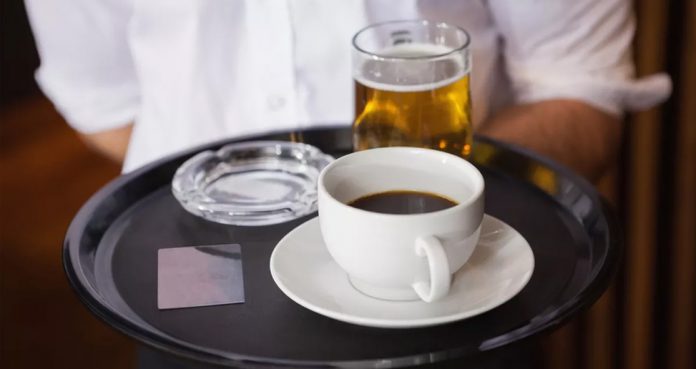According to a genome-based study, choosing a hoppy beer or dark roast coffee in the summer may actually depend on how it makes you feel and not it tastes.
A team of researchers analyzed variations in our taste genes, which could help explain our beverage preferences and understanding those preferences could further help indicate the changes in your diets.
The team found that taste preferences for sweet or bitter beverages are based on the genes related to psychoactive properties of beer or coffee and not on the taste genes.
Assistant Professor at Northwestern University Feinberg’s School of Medicine Marilyn Cornelis said, “People like the way coffee and alcohol make them feel. That’s why they drink it. It’s not the taste.”
The study was published in a journal called Human Molecular Genetics.
The study categorized the beverages into a sweet-tasting group and a bitter-tasting group. The bitter group included tea, coffee, grapefruit juice, red wine, beer, and liquor.
There were about 336,000 participants in the study. The team asked them to report what they had eaten and drank over the past 24 hours.
The team also did a genome-based association study of sweet and bitter beverage consumption.
Lead author of the study Victor Zhong said, “To our knowledge, this is the first genome-wide association study of beverage consumption based on taste perspective.
Zhong added, “It’s also the most comprehensive genome-wide association study of beverage consumption to date.” Marilyn Cornelis explained that the study highlights some important behavior-related components to beverage preference, while helps us to understand the connection between genetics and beverage consumption, and the potential barriers to intervening in people’s diets.























